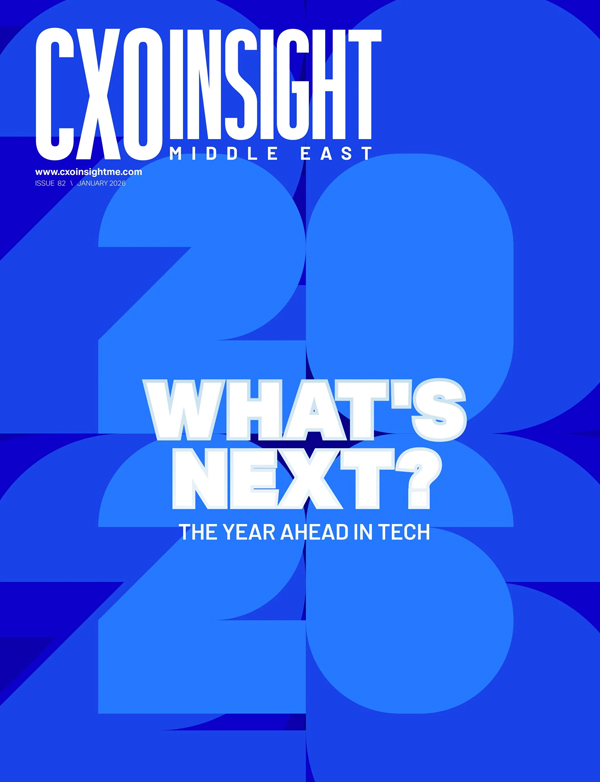
IFS predicts that half of manufacturers will be using some form of artificial intelligence (AI) by 2021. But according to a study released in January by Plutoshift, manufacturers are struggling to adequately adopt AI across their business. Sixty percent of respondents said their company has been unable to come to a consensus on a focused, practical strategy for AI implementation, while 72 percent said it had proved harder than expected to setup the technical and data infrastructure necessary to make the project viable.
Role for ERP
One factor contributing to the difficulty is that the enterprise resource planning (ERP) software running their business has not previously been capable of facilitating their AI journey. Many of the manufacturers that have had success with AI tools have done so by solving specific problems in isolation, such as demand forecasting, supply chain optimisation, schedule optimisation or natural language processing (NLP)-driven customer service bots.
However, ERP tools with comprehensive AI capabilities embedded within them, can collate and analyse data from every facet of a manufacturing organisation, helping them to accurately plan ahead, optimise processes, and reduce waste. Using ERP as the vehicle for AI, manufacturers can reinvent their business around digital-first processes and disrupt their market.
The AI-enabled ERP allows manufacturers to optimise or automate end-to-end processes rather than just specific tasks —streamlining a quote to cash value chain or sales order capture to shipping. By combining classic ERP datasets such as maintenance history with streaming data from assets and external data such as economic and weather indicators, companies can forecast and optimise margin from operating diverse asset portfolios like power grids or offshore oil rigs.
Manufacturing use cases
While it is challenging, some manufacturers are already making progress with AI for predictive and prescriptive maintenance, resulting in less unplanned downtime, more efficient operations and better compliance with health, safety and environmental (HSE) regulations.
The key to predictive maintenance is determining which data, collected from machines in operation, can be used to predict future events. Everything from vibration to heat to power draw data may be used as the raw material upon which AI algorithms and stochastic methods can build, predicting breakdowns, diagnosing issues and enabling advanced reliability-centered maintenance (RCM). In addition, by modelling and simulating processes through a digital twin of a production facility or piece of equipment, companies can get improved visibility over a variety of scenarios and leverage AI to receive recommendations for how best to handle them.
Technical and non-technical hurdles
Even the most elegantly-designed AI algorithms need data—and a lot of it—to learn from. Many manufacturers may struggle to supply enough to build their own models, particularly if their historical data is stored in distributed or siloed environments with different data models and conventions. An ERP system can facilitate this process for customers through sound master data management, as well as providing models pre-trained on large data sets that can help drive value for end users right out of the box.
Before even reaching this stage, the manufacturers must overcome non-technical hurdles, including identifying which business problems, data and algorithms are meaningful, and determining if these factors will continue to be significant in the future.
Selling AI to the C suite can also be a challenge, as senior business leaders may not immediately understand its full potential. The focus must move past immediate cost savings to new and transformative ways of driving value that were not possible without AI. In order to do this, companies need “bilingual citizens” who can understand the business problems to be solved and act as the “glue” between the business and more technically-oriented data scientists
Seeing the future together
Once a strategic direction is identified, the focus must be on change management. Employees will need to understand and own their role in the AI transformation, while customers and other stakeholders must be educated and mentally prepared for what is to come. Stakeholders may have different fears—a loss of human contact with their vendor, diminished employment opportunities or, in the case of senior management, endless investment with no firm payback.
Employees need to see that once AI takes on mundane tasks, they can be free to concentrate on higher value responsibilities, while customers need to know these newly liberated employees will be able to spend more meaningful time with them. Finally, senior management must lead the change by finding ways to measure the value that is brought by this new technology, using AI-driven ERP to update standard metrics, KPIs and ROI calculations to reflect the new business reality.










Discussion about this post